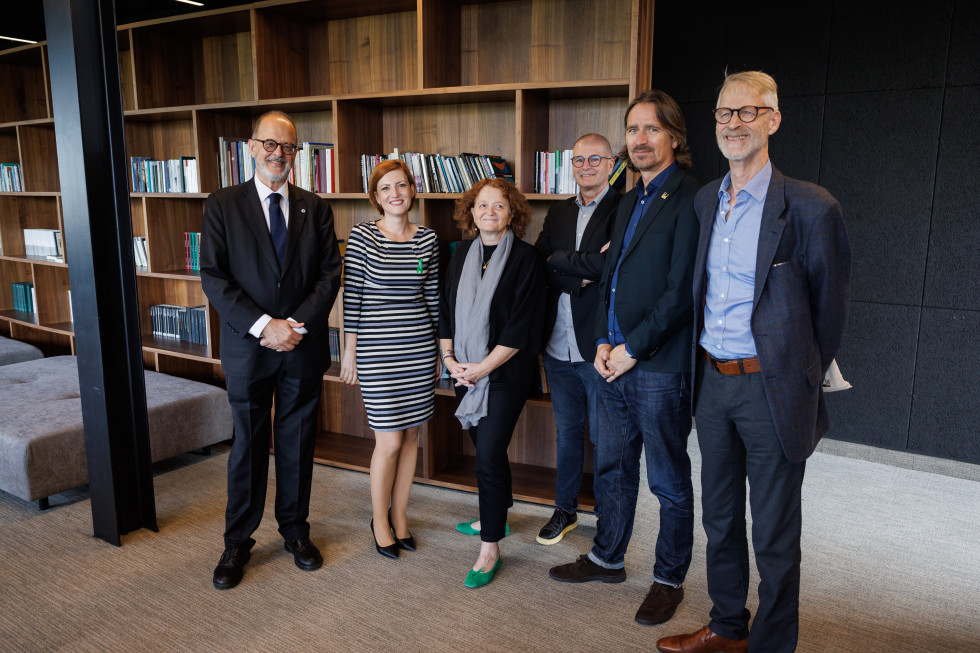Ljubljana Manifesto on reading launched
A number of Slovenian-hosted events at the world's largest book fair will be linked to the Ljubljana Manifesto, including talks on the importance of reading, particularly in the digital age, artificial intelligence, and the problem of short attention spans.
"While digital technologies offer much potential for new forms of reading, recent empirical research shows that the digital environment is having a negative impact on reading, in particular on long-form reading and reading comprehension," reads the paper.
People cannot understand the complex problems of our time if they are not able to read complex books about them, said Miha Kovač, the programme's chief curator and one of the four authors of the manifesto.
In addition to other genres, poetry and philosophy will feature heavily on the programme, precisely because they both require higher-level reading.
Alongside Kovač, the manifesto was written by three other researchers: Anne Mangen from the University of Stavanger in Norway, Andre Schüller-Zwierlein from the German University of Regensburg and Adriaan van der Weel from the Dutch Leiden University.
At the paper's presentation, van der Weel highlighted another aspect that he believes has been forgotten in recent decades: with the development of different media such as radio, television and digital media, books are no longer just for entertainment, they offer a different cognitive experience.
The paper has been endorsed by several associations, including the International Publishers Association, the Federation of European Publishers, the International Board on Books for Young People, the EURead consortium of European reading promotion organisations, and the German Academy of Language and Literature. It has featured in several European media outlets.
Anne Bergman, head of the Federation of European Publishers, warned that almost a quarter of the European population cannot read long texts. She stressed the importance of higher-level reading in the AI era and the need to double-check information.
Young people who read have fewer problems at school, develop creativity and empathy, are healthier and more confident, and are better able to overcome inequality-related problems, noted Daan Beeke, EURead coordinator.
The paper is available in English here.

